

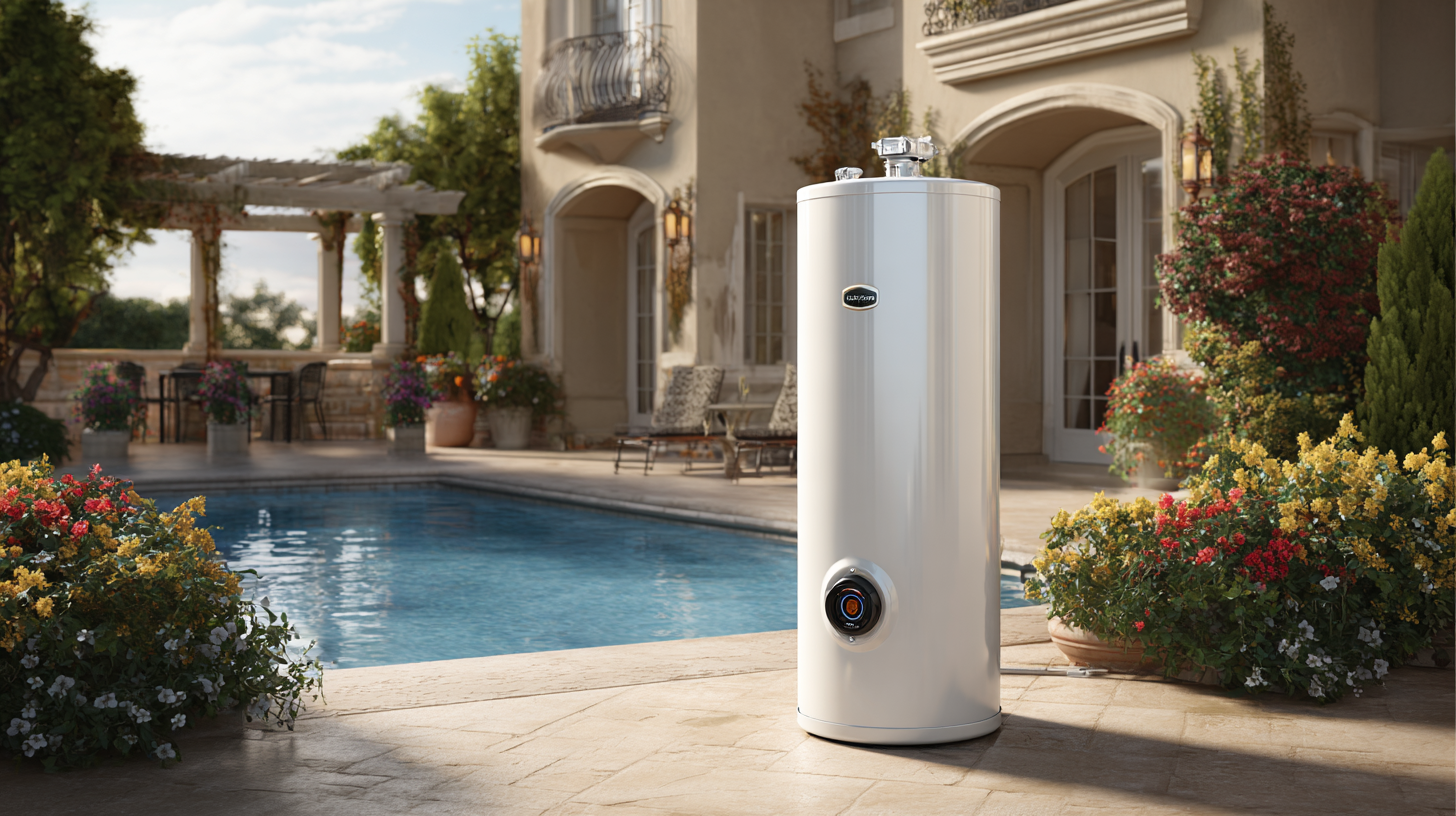 When selecting a residential water heater, homeowners face a daunting array of choices, each with its own benefits and drawbacks. According to the U.S. Department of Energy, water heating accounts for approximately 18% of a household's energy consumption, making it a significant factor in both energy efficiency and monthly utility bills. With the latest advancements in technology and a growing emphasis on energy efficiency, understanding the different types and features of residential water heaters has never been more critical.
When selecting a residential water heater, homeowners face a daunting array of choices, each with its own benefits and drawbacks. According to the U.S. Department of Energy, water heating accounts for approximately 18% of a household's energy consumption, making it a significant factor in both energy efficiency and monthly utility bills. With the latest advancements in technology and a growing emphasis on energy efficiency, understanding the different types and features of residential water heaters has never been more critical.
A recent report from the Energy Information Administration highlights that more than 60% of American homes utilize traditional tank storage water heaters, while the adoption of tankless and heat pump water heaters is steadily increasing. This shift reflects a broader trend towards energy efficiency and sustainability, with consumers being more conscious of their environmental impact. By carefully considering factors such as capacity, energy source, and installation requirements, homeowners can make informed decisions that not only enhance comfort and convenience but also contribute to long-term savings and sustainability goals.
When choosing a residential water heater, understanding the different types and their efficiency ratings is crucial for optimal performance and cost savings. Water heaters can broadly be categorized into tankless, storage, electric, and gas models. Tankless water heaters are particularly noteworthy for providing hot water on demand, which can lead to significant energy savings, as they only heat water as needed. This efficiency is essential considering water heating accounts for a large portion of household energy costs.
Tips for selecting the right water heater include evaluating your household's hot water needs and considering the energy source. If you're looking for immediate access to hot water while minimizing energy costs, a high-efficiency tankless system may be your best bet. However, storage water heaters, while less efficient, might suit larger families due to their capacity. Additionally, keep an eye on energy efficiency ratings as regulations evolve, which can affect your long-term expenses. Always look for options that not only meet your immediate needs but also align with future energy-saving technologies and mandates.
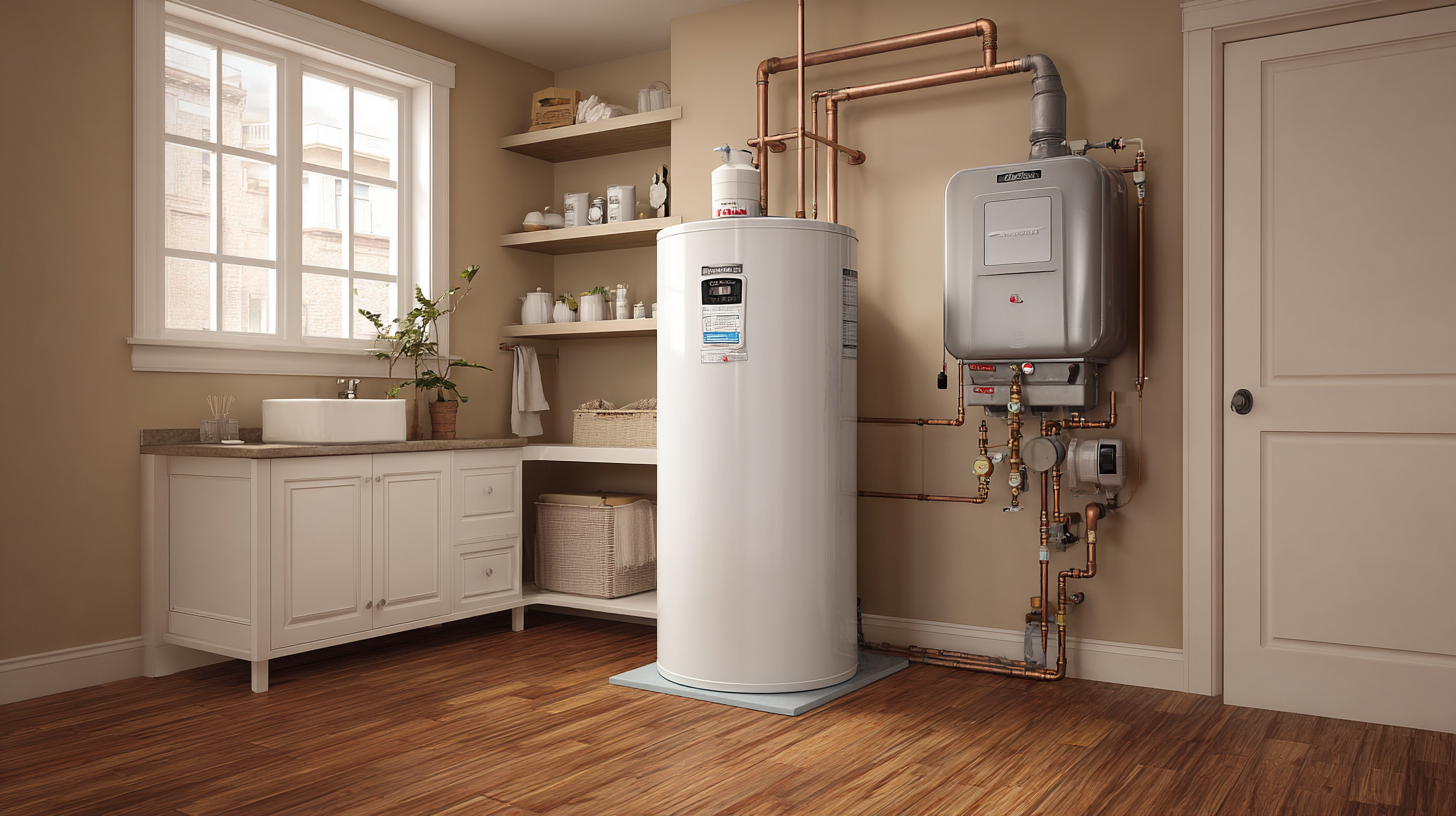
When choosing the best residential water heater, one of the most critical factors to consider is the size of the unit. A water heater that is too small will struggle to meet your household demands, leading to insufficient hot water during peak usage times. Conversely, selecting a unit that's too large can result in higher energy bills, as it will require more energy to maintain its temperature. Therefore, understanding your household's hot water needs is essential in determining the right size heater.
To accurately assess the required size, consider factors such as the number of bathrooms in your home, the number of occupants, and the typical usage patterns for hot water throughout the day. For instance, a household with multiple bathrooms may require a larger capacity water heater than a smaller home with just one bathroom. Additionally, you'll want to evaluate the flow rate of fixtures like showers and faucets, as well as appliances such as washing machines and dishwashers, to ensure that the system can handle simultaneous demands. By taking these elements into account, you can select a water heater that perfectly aligns with your home’s needs, guaranteeing comfort and efficiency.
When it comes to selecting a water heater, one of the primary considerations is the energy source—electricity or gas. According to the U.S. Department of Energy, electric water heaters typically have higher energy efficiency ratings, often exceeding 90%. However, this efficiency does come at a cost. Electric heaters are generally more expensive to operate, with average monthly energy bills ranging from $30 to $40, depending on usage and local rates.
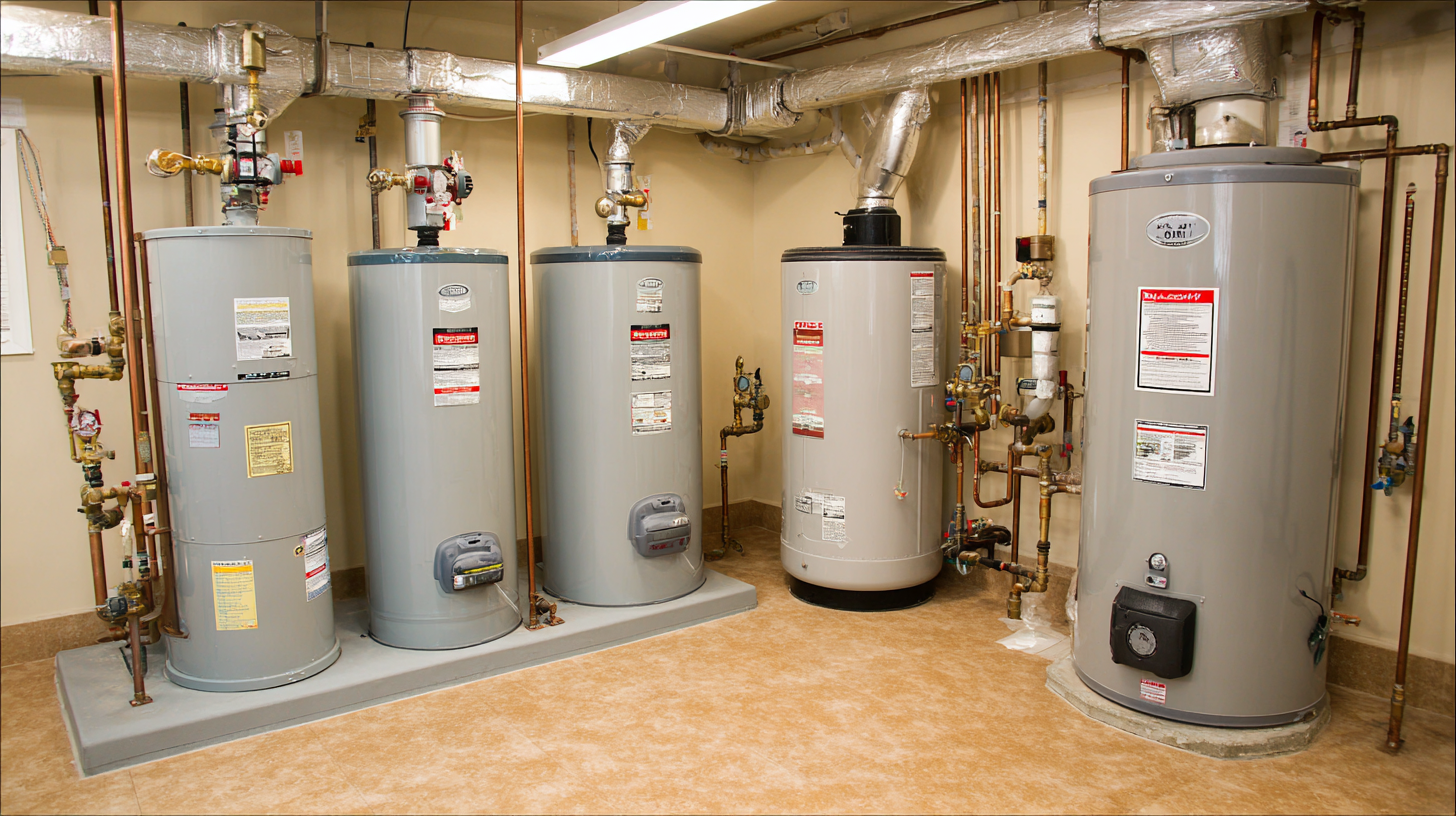
When choosing a residential water heater, the First Hour Rating (FHR) is a crucial factor that cannot be overlooked. FHR measures the amount of hot water a heater can supply in the first hour of use, starting with a full tank of hot water. According to the U.S. Department of Energy, a higher FHR is indicative of a water heater's ability to meet hot water demands during peak usage times, making it an essential metric for households that frequently use multiple outlets simultaneously.
In practical terms, a water heater with an FHR of 50 gallons is generally recommended for homes with 2 to 4 occupants, ensuring that everyone can enjoy hot showers, do laundry, and run the dishwasher without the risk of running out of hot water. Studies show that selecting a water heater with an appropriate FHR can enhance the overall efficiency of household operations. For example, a report from the American Society of Heating, Refrigerating and Air-Conditioning Engineers (ASHRAE) highlights that homes equipped with water heaters aligned to their FHR needs can experience a reduction in energy consumption by up to 30%, ultimately translating to lower utility bills.
In addition to FHR, it is important to consider factors such as recovery rate and energy efficiency ratings. However, starting with a clear understanding of FHR ensures that you choose a water heater that comfortably meets your home’s hot water needs, thus optimizing performance from the outset.
This chart illustrates the First Hour Rating (FHR) for various sizes of residential water heaters, showcasing how the FHR increases with the size of the tank. Understanding FHR is crucial in selecting a water heater that meets household needs effectively.
When choosing a residential water heater, understanding the top brands and their market share can greatly influence your decision. Leading manufacturers such as Rheem, A.O. Smith, and Bradford White consistently dominate the market. Rheem is renowned for its innovative technologies and energy-efficient models, while A.O. Smith offers a strong selection of both traditional tank and tankless options. Bradford White, on the other hand, is known for its quality craftsmanship and reliability, making it a favorite among homeowners looking for durable solutions.
Tip: It’s essential to assess your household’s hot water needs before making a purchase. Consider factors such as the number of people in your home, peak usage times, and the type of fixtures you have. This will help you determine the appropriate capacity and type of water heater you require.
Additionally, pay attention to the warranty and after-sales support each brand provides. A robust warranty can give you peace of mind, ensuring that you’re covered in case of any malfunction. Brands with strong customer service reputations tend to offer better assistance when issues arise, making your purchase even more worthwhile.
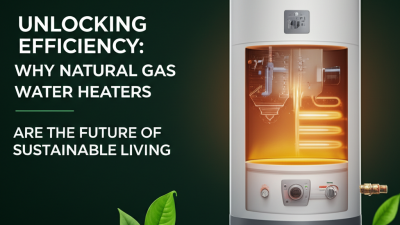
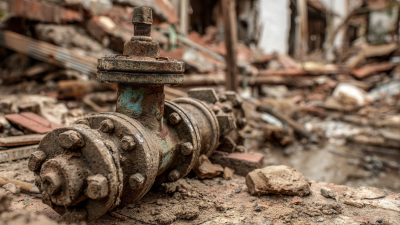

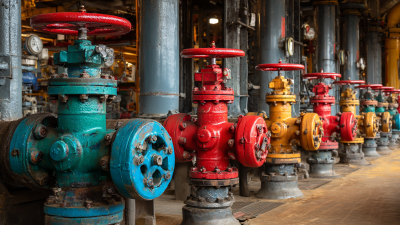
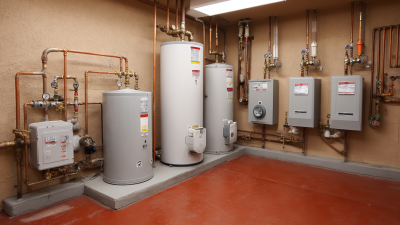
© Copyright 2025 | LittleFirefighter.com | All Rights Reserved | 1EZ Creative: Orange County Web Design
Fusce ut ipsum tincidunt, porta nisl sollicitudin, vulputate nunc. Cras commodo leo ac nunc convallis ets efficitur.

12345 North Main Street,
New York, NY 555555
1.800.555.6789
sale@vibrotools.com
